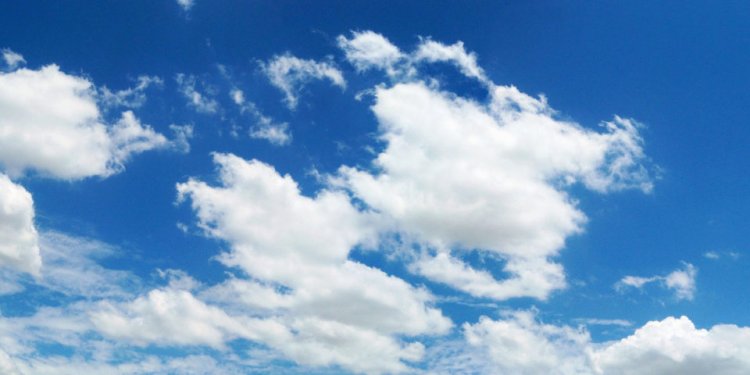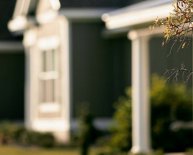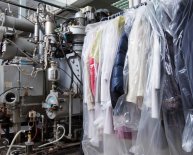
Hazardous Waste Disposal Honolulu
 Some of the products you use at home are potentially hazardous. Safe handling and proper disposal of these materials will protect you, your family and our environment.
Some of the products you use at home are potentially hazardous. Safe handling and proper disposal of these materials will protect you, your family and our environment.
This section provides instructions for proper disposal of your household hazardous waste products and tips for minimizing their use in the future. The Waste Prevention Tips is probably the most helpful and valuable section. You can avoid having to dispose of hazardous products if you buy only what you need and use it all, and whenever possible, use nonhazardous alternative products.
Waste Prevention Tips
The best way to handle household hazardous waste is to prevent it in the first place. By learning more about which types of products are hazardous and about ways to use less, use it up and use nonhazardous alternatives, you can significantly reduce the generation of this type of waste right at the source.
Before you buy a product, read the label and make sure it will do what you want.
Once you buy something, you are also responsible for disposing of it properly.
Buy only what you need, and use it all up.
Be conservative in selecting the product container size. A large container is not a bargain if you don't use it all.
Give away unwanted leftover products.
Ask friends, neighbors or non-profit groups if they can use the products.
Look for nonhazardous alternatives.
Safer substitutes, like vinegar, lemon juice, baking soda, salt, borax, olive oil and cedar chips, used alone or in various combinations can get the job done as well as their more hazardous counterparts. Consider the following suggestions for nonhazardous alternatives:
- To keep drains clear and fresh smelling, mix and apply 1/4-cup baking soda and 1/2-cup vinegar. Let stand in drain for 5-10 minutes. Flush with hot water.
- Windows can be cleaned with a mixture of 2 cups each of vinegar and water and 2 tablespoons of lemon juice. Use newspaper for a lint-free finish.
- An ice cube can be used to harden chewing gum before scraping it from carpet.
- For a rug deodorizer, mix 2 parts cornmeal to l part borax. Sprinkle over rug and leave for l hour, then vacuum.
- To polish furniture, combine 2 parts olive oil to 1 part lemon juice.
- Processed manure or fish emulsion is a good substitute for chemical fertilizers.
- Mulch and compost are great soil enrichment products. You can purchase them locally, or you can make it yourself from your yard trimmings.
- Select water-based latex and non-toxic paint products over oil-based paints and varnishes.
- Instead of mothballs, use cedar chips or dried lavender.
- Instead of bug sprays, use baited traps.
- Use glue or spring traps instead of rodent poison.
- Clean copper pots and stainless steel with salt and vinegar.
- Clean stains from coffee cups and dishes with baking soda and vinegar.
- To clean, disinfect and deodorize, use a mixture of 1/2-cup borax and 1 gallon
hot water.
Hazardous Products and Guidelines
- - in the trash or down the drain. Many types of products can be conveniently and safely disposed of in the Citys existing refuse and sewage systems. The Citys H-POWER waste-to-energy facility and wastewater treatment plants can effectively and safely manage small quantities of specified materials. For example, most types of household cleaners can be safely flushed down the drain with plenty of water. Items such as paint and used oil can be safely disposed of with our rubbish, once they have been dried out or absorbed with materials such as rags, newspaper or sawdust.
- - call for an appointment.
Materials which present serious health and safety hazards, including pesticides and highly flammable substances like gasoline and kerosene, require special handling. Oahu residents can call 768-3201 for an appointment to drop off these materials at the hazardous waste handling facility contracted by the City. Drop-off days are coordinated every two months. Before you call to schedule a drop-off, please take an inventory of the materials you wish to dispose of (including type and quantity of material).
Review the lists under and to determine the proper way to handle your items. The lists reflect the more common items found at home and are not complete.
But before you get to the details, here are a few basic rules and guidelines for safe handling and disposal:
The disposal guidelines in this section apply only to small quantities disposed of by residential households. Households with large quantities of any type of hazardous waste must call the City's Refuse Division for disposal instructions. Commercial businesses and industrial operations must comply with City, state and federal regulations for disposing of their hazardous waste.
- Read product labels carefully for handling and use instructions.
- Keep all hazardous materials out of children's reach.
- Keep all hazardous materials in their original containers and labeled for proper identification.
- Keep all hazardous materials out of the storm drain system.
The water in storm drains flows directly to streams or to the ocean. Hazardous materials could seriously contaminate our environment. - Carefully follow the disposal guidelines in this section.
Only pour chemicals down the drain or put materials in the trash that are so designated. Improper disposal could injure workers, damage processing equipment, or harm the environment. - If you are unsure about how to dispose of a material, or the material is not listed, call the Household Hazardous Waste Line at 768-3201.
Special Handling
The following materials require special handling at the drop-off event, scheduled every two months. . Call 768-3201 to schedule an appointment. Please prepare an inventory list of your items which includes the material you wish to dispose of and the volume of the container (i.e., acetone/two quarts). Requests for appointments must be made no later than one week prior to each event. Drop-off dates are scheduled every two months. Next drop-off dates for 2017: July 1, September 2, November 4.
Schedule an appointment if you have these:
Oil change boxes, sold in local retail stores, not only make changing your motor oil easier, they can also be used to dispose of other items listed under The absorbant material in the box can work well for the items with "absorb and trash" instructions.

















